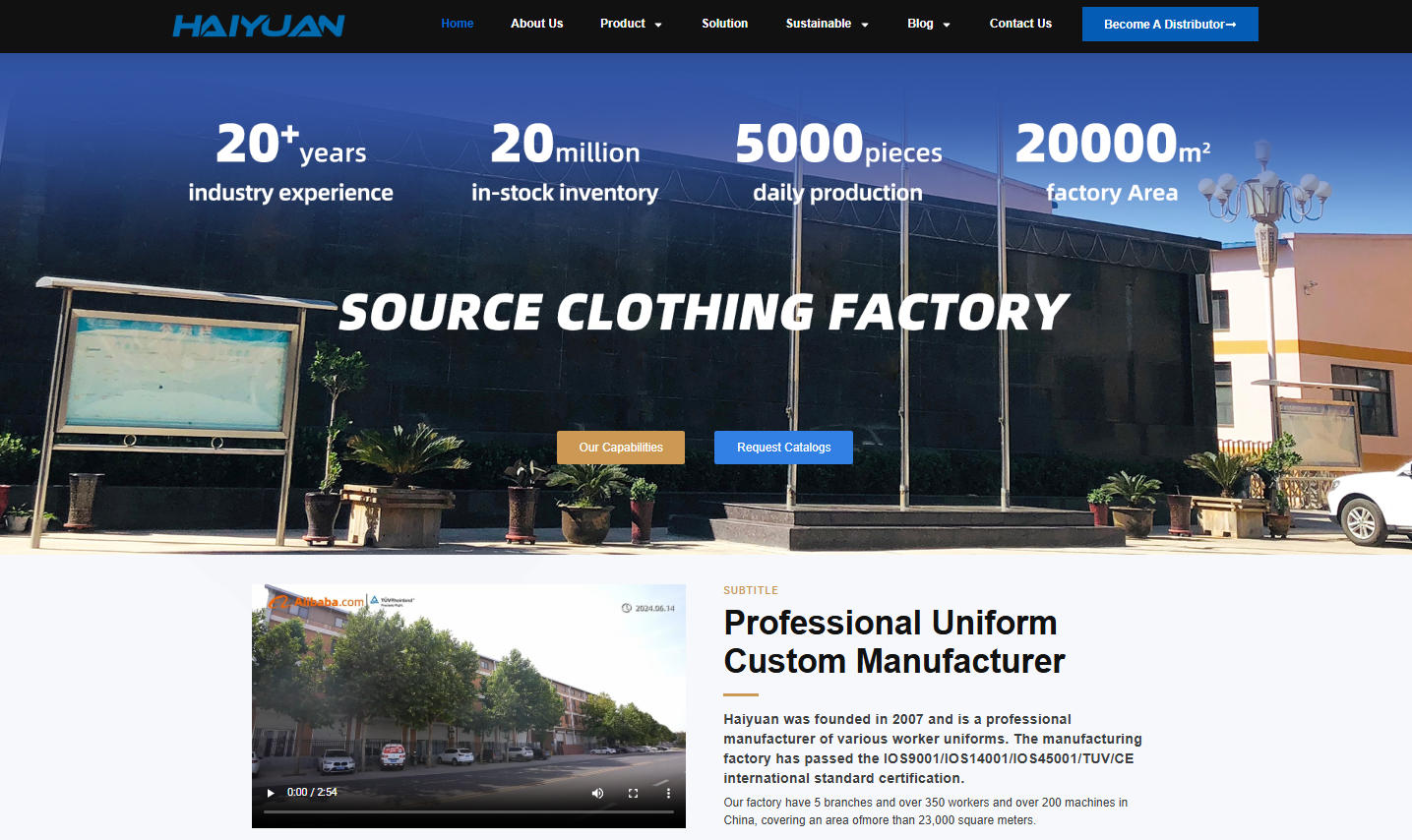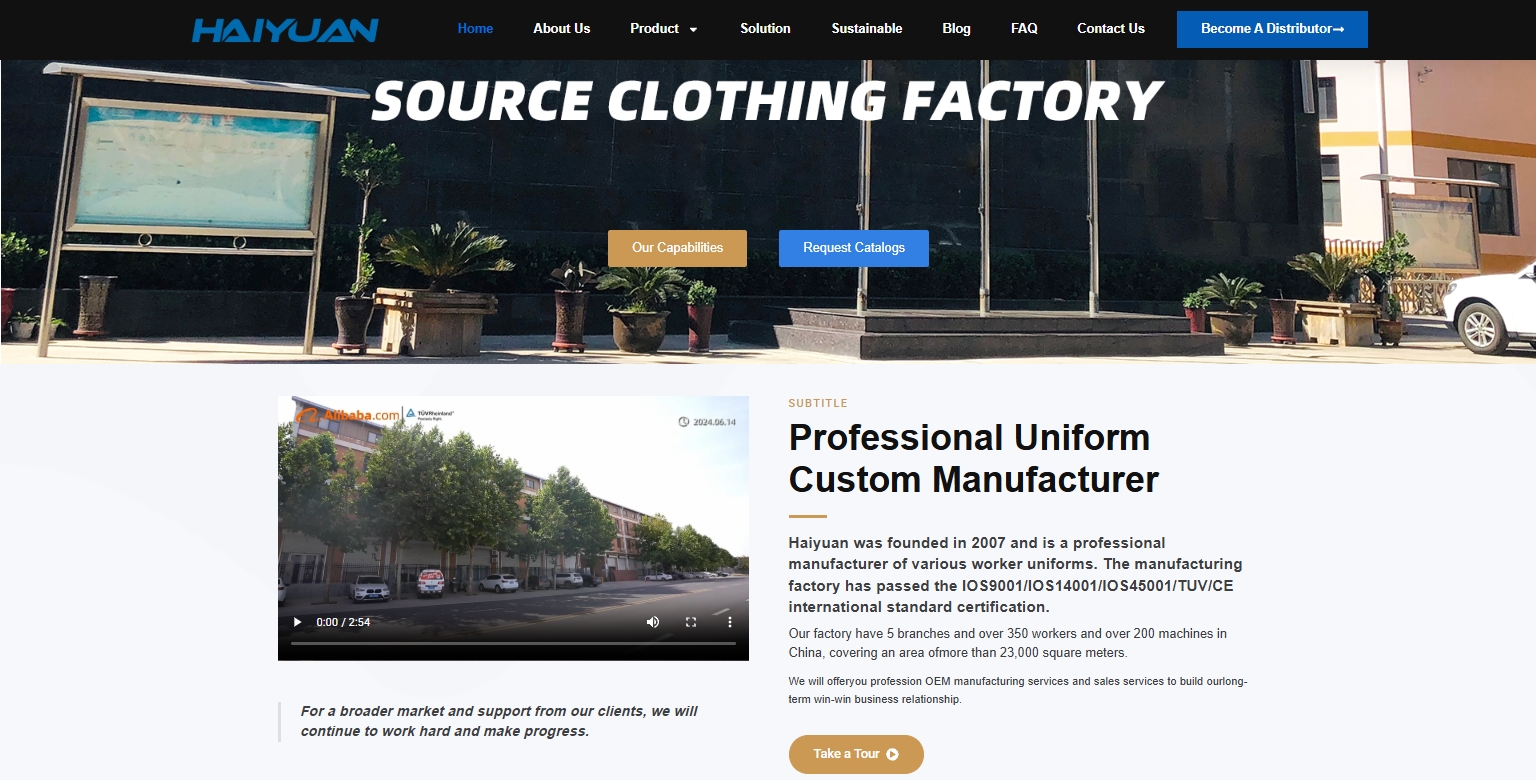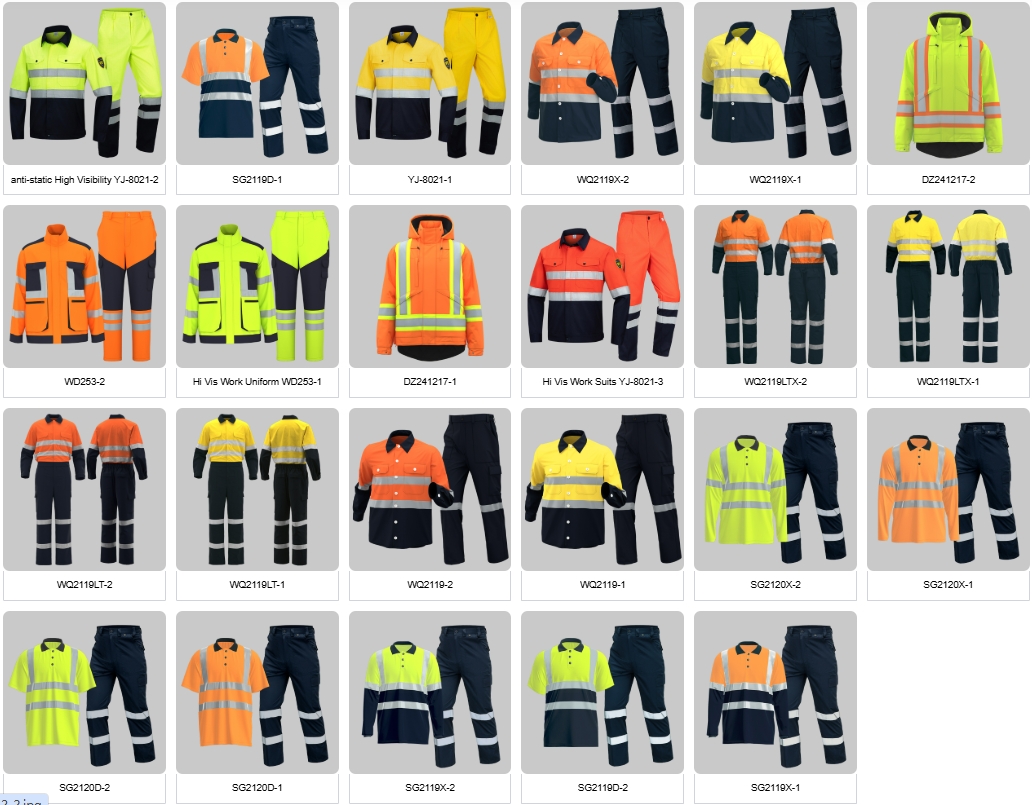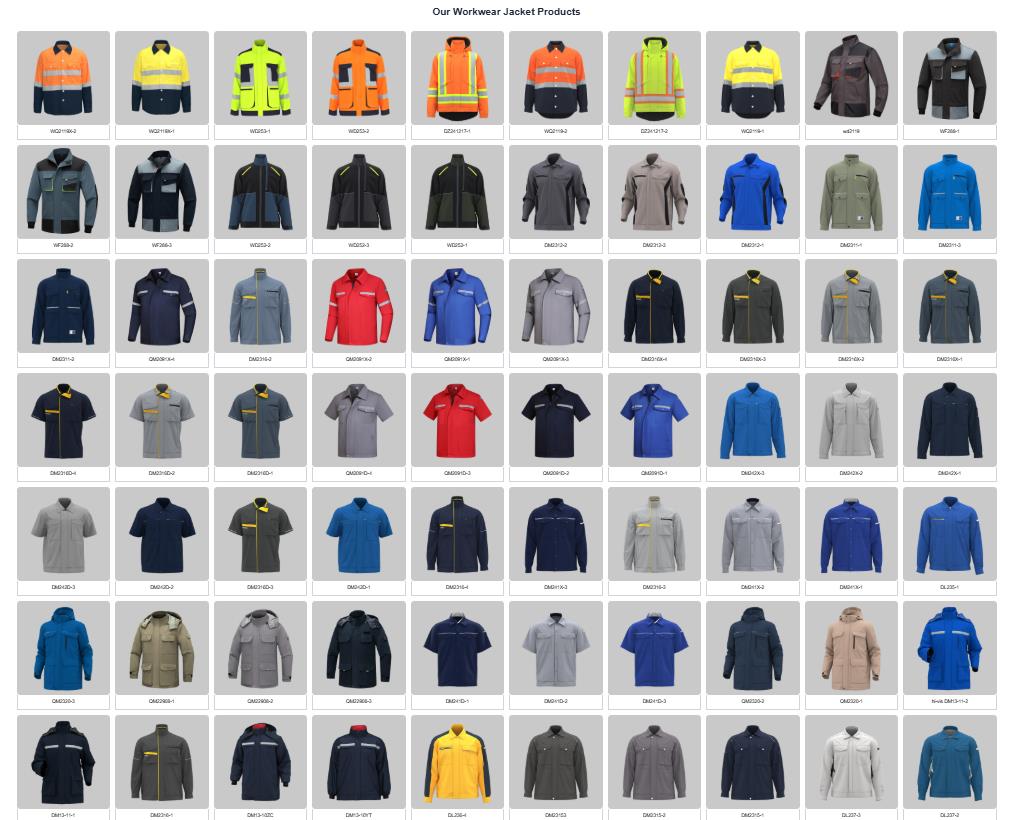Here is a detailed analysis of a Montenegrin company importing custom logo work uniforms from China, taking into account Montenegro’s specific situation as a non-EU country in the Balkans with its own ports.
Executive Summary
For a Montenegrin company, this is a viable and strategic supply chain model. Montenegro’s access to the Adriatic Sea via its own ports provides a direct logistical route. While not an EU member, its use of the Euro simplifies currency exchange, and its customs procedures are generally considered manageable. The model leverages China’s cost-effective production for the Montenegrin tourism, corporate, and industrial sectors.
The Import Process: Step-by-Step
Phase 1: Sourcing & Planning (in Montenegro)
-
Define Requirements: The company finalizes uniform designs, fabric types (suitable for the Adriatic climate), colors, and logo specifications (embroidery, printing).
-
Supplier Sourcing: This is primarily done online via B2B platforms like Alibaba.com or Made-in-China.com.
-
Request for Quotation (RFQ): The company sends detailed specifications to multiple suppliers to compare pricing, MOQ (Minimum Order Quantity), and production timelines.
Phase 2: Negotiation & Production (with China)
-
Sample Approval: This is a critical and non-negotiable step. The Montenegrin company must request and approve a physical sample to check quality, fit, and logo application before mass production begins.
-
Contract Finalization: Both parties agree on the final price, payment terms (typically 30-50% deposit, balance before shipment), and Incoterms. The most strategic terms are FOB (Chinese Port) or EXW (Chinese Factory), giving the Montenegrin buyer control over the main shipping leg.
-
Production & Quality Control: The factory begins mass production. The buyer should request production updates. For large orders, a pre-shipment inspection by a third-party agency is highly recommended.
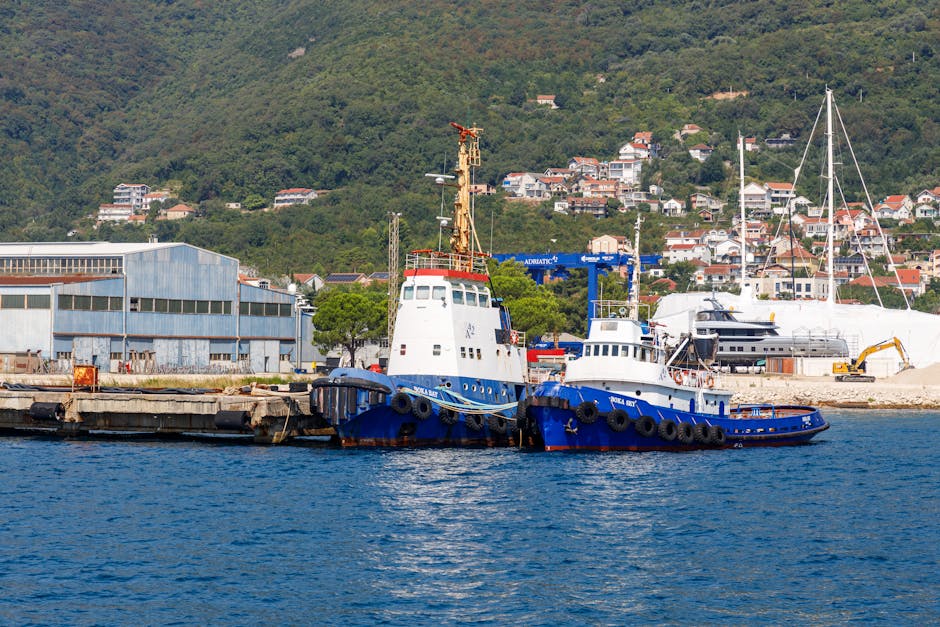
Phase 3: Logistics & Import (The Key Phase for Montenegro)
-
Logistics – Utilizing the Adriatic Coast:
-
Primary Route: Sea Freight to the Port of Bar. This is Montenegro’s key advantage. Goods are shipped in a container from a Chinese port (e.g., Ningbo, Shanghai) directly to the Port of Bar, Montenegro’s main seaport. This is the most direct and often most cost-effective route.
-
Alternative Route: Sea Freight to a Neighboring Port. If shipping schedules are better, goods can be shipped to Durrës (Albania) or Koper (Slovenia) and then transported by truck to Montenegro. This adds a transshipment step and potential border delays.
-
Air Freight: Extremely expensive and only suitable for samples or very urgent, small orders.
-
-
Customs Clearance in Montenegro:
-
As a non-EU country, Montenegro has its own customs authority and regulations.
-
Required Documents: Commercial Invoice, Packing List, Bill of Lading, and Certificate of Origin are essential.
-
Import Duties and Taxes: The company will need to pay import duties (which vary based on the product’s HS code) and Value Added Tax (VAT) in Montenegro (standard rate is 21%).
-
Customs Broker is Highly Recommended: While a company can theoretically handle its own declarations, hiring a reliable local customs broker is strongly advised to navigate the process smoothly and avoid delays.
-
Key Advantages for a Montenegrin Company
-
Cost-Effectiveness: Chinese manufacturing offers significantly lower prices for bulk custom orders.
-
Direct Sea Access: The Port of Bar provides a direct maritime gateway, avoiding the need to transit through multiple countries.
-
Currency Stability: Montenegro’s use of the Euro (€) simplifies financial transactions and eliminates currency risk when trading with China (where deals are often in USD or EUR).
-
Tourism & Development Focus: Montenegro’s strong tourism and growing business sector create steady demand for hospitality, corporate, and construction workwear.
Challenges & Risk Mitigation
-
Limited Direct Shipping Schedules:
-
Challenge: The Port of Bar may have fewer direct shipping lines from Asia compared to massive hubs like Rotterdam or Koper. This might require transshipment, adding a few days to the journey.
-
Mitigation: Work with a freight forwarder that has expertise in the China-Adriatic route and can optimize the shipping schedule to Bar.
-
-
Customs Process of a Non-EU Member:
-
Challenge: The customs process can be less familiar and potentially more bureaucratic than in the EU.
-
Mitigation: A trusted Montenegrin customs broker is your key to navigating this efficiently.
-
-
Quality Control from Afar:
-
Challenge: The distance makes it difficult to verify quality in person.
-
Mitigation: Never skip the sample process. For significant orders, invest in a third-party inspection service in China.
-
-
Payment Security:
-
Challenge: Sending a deposit to an unknown supplier carries financial risk.
-
Mitigation: Use secure payment methods like Alibaba Trade Assurance or a Letter of Credit (L/C). Start with a smaller trial order to build trust.
-
Strategic Tips for Success
-
Leverage the Port of Bar: This is your primary strategic advantage. Choose a freight forwarder with experience and relationships at this specific port.
-
Partner with a Local Customs Broker: This is your most important local partner for a smooth import process.
-
Build a Supplier Relationship: Find 1-2 reliable factories in China and cultivate a long-term partnership for better pricing and service.
-
Calculate the Total Landed Cost: Factor in the product price, shipping, insurance, and all import taxes and fees to understand your true cost per uniform in Montenegro.
Conclusion
A Montenegrin company can successfully and efficiently import custom work uniforms from China. Montenegro’s direct access to the Adriatic Sea via the Port of Bar provides a clear logistical advantage over other landlocked Balkan nations.
By combining China’s manufacturing power with a strategic logistics plan focused on the Port of Bar, a company can reliably supply the growing domestic market in tourism, services, and industry with high-quality, customized workwear at a competitive price. Success hinges on diligent supplier vetting, rigorous quality control, and partnering with expert logistics and customs professionals within Montenegro.
For some insightful reads, we’ve curated a list of recommended articles just for you:
- How do I find a product manufacturer in China?
- How to find cheap manufacturers in China? A guide to avoid pitfalls
- How to complete your first purchase of workwear in China safely and efficiently
- Custom uniforms for Small business
- Choosing the Best Industrial Work Suit
- Ultimate Guide: Best Wholesale Work Clothes in China
- Cut & Sew Customization
- Logo Customize Clonthing Manufacturer
- Labour Uniform manufacturer
- Labor clothing uniform for sale
- Working clothes china wholesale
Can’t find what you’re looking for? Feel free to contact us. We’re here to help 24/7.
Useful links:

